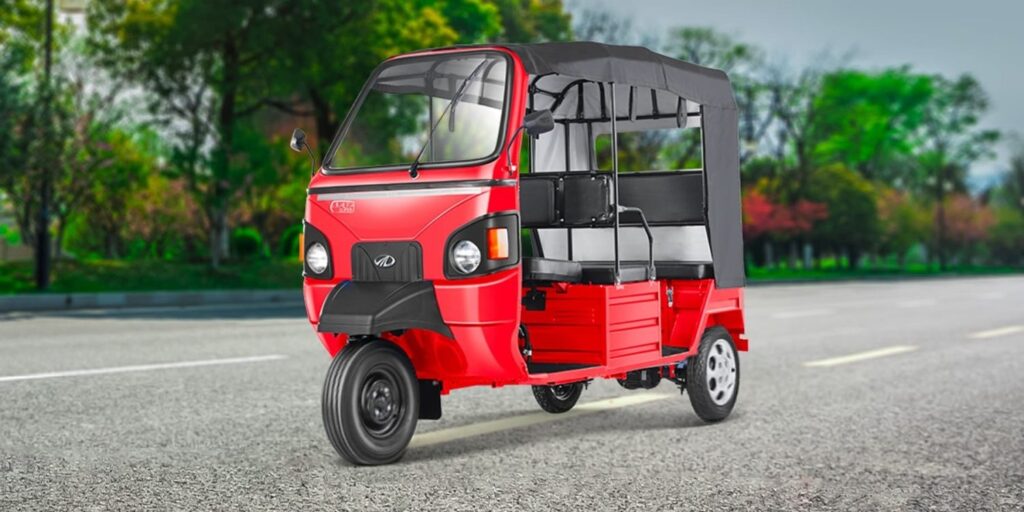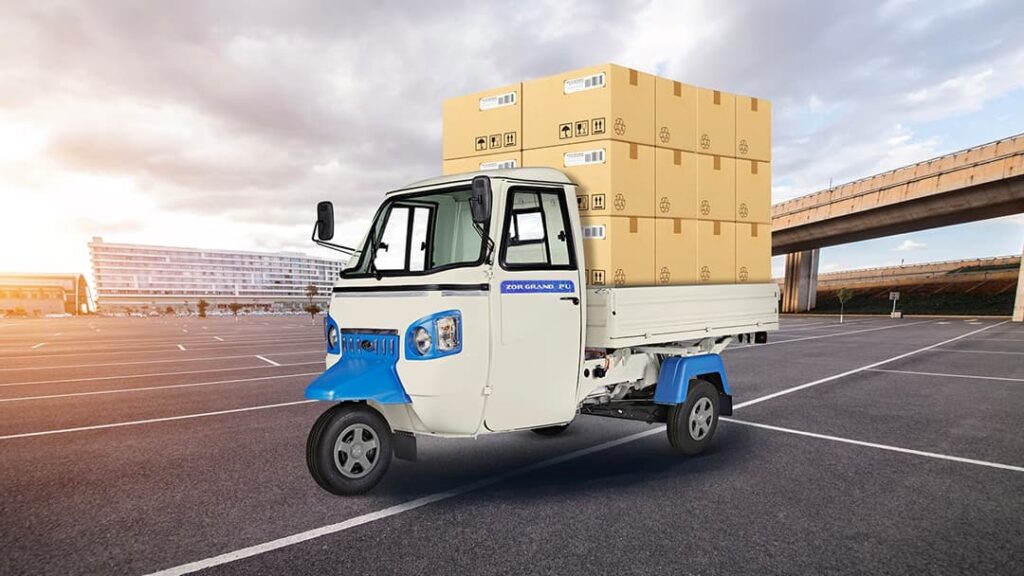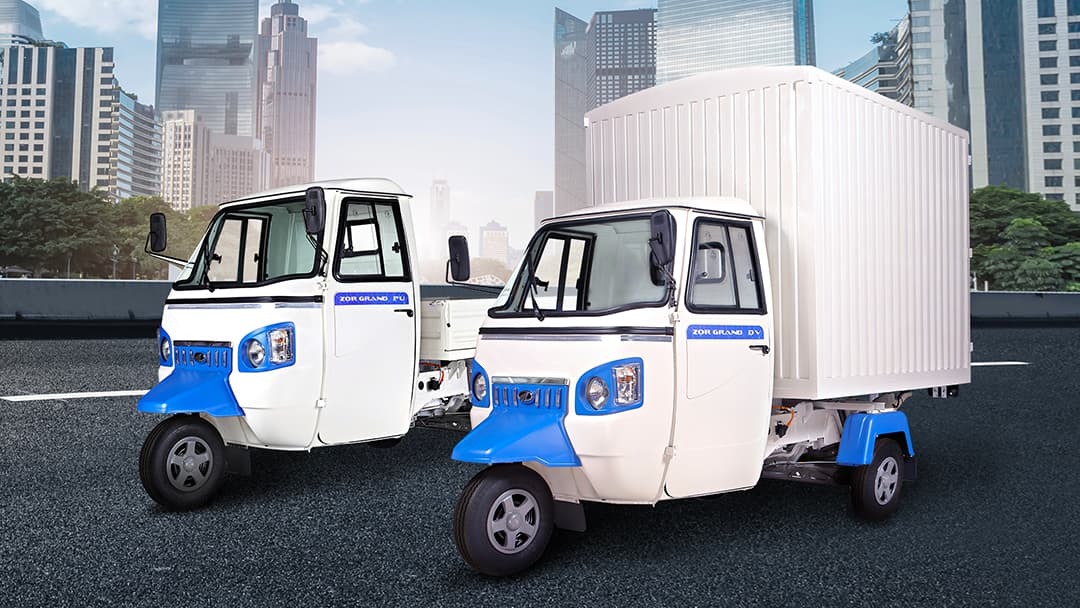Mahindra Transforms India with Electric Three-Wheelers
India, with its bustling streets and legendary traffic jams, is on the brink of a green revolution. At the heart of this transformation is Mahindra, an automotive industry giant, which, in strategic collaboration with IRP Systems, is set to electrify the country’s famous three-wheelers.
An Electrifying Collaboration
Mahindra Last Mile Mobility Limited (MLMML), a division of Mahindra, recently announced an innovative partnership with IRP Systems, a company specializing in electric vehicle powertrain solutions. This partnership aims to supply advanced motor controllers for Mahindra’s three-wheelers, a crucial step to increase electric vehicle (EV) penetration in the last-mile transport sector.
This partnership results from a rigorous testing and validation process, designed to meet the demanding requirements of the Indian market as well as Mahindra’s global markets. Sanjiv Gupta, Chief of Operations at MLMML, emphasizes the goal to “electrify last-mile transport with cutting-edge technology and reliable vehicles.” Moran Price, CEO of IRP Systems, sees this collaboration as a “game-changer in India’s last-mile market.”
The Auto-Rickshaw: A Pillar of Urban Transport

In India, the auto-rickshaw, or three-wheeler, occupies an indispensable place in the urban landscape. These vehicles, known for their compact size and maneuverability, are essential for navigating the crowded streets of cities, offering a quick and often cheaper alternative to traditional taxis or public buses.
Their popularity also stems from their affordability, both for passengers and drivers. For many Indians, particularly those in lower-income brackets, owning or operating a three-wheeler represents a viable livelihood means. The low initial purchase cost of an auto-rickshaw, coupled with minimal maintenance expenses, makes it an appealing option for budding entrepreneurs.
Additionally, auto-rickshaw drivers often work flexibly and informally, adapting to fluctuating demand and maximizing their earnings in a dynamic urban environment. These vehicles have become not just a mode of transport but also a symbol of economic empowerment for many people across India.
Towards Electrification

While traditionally powered by small motorcycle combustion engines, the last few years have seen a push towards electrification. Major companies, like IKEA in India, have begun adopting electric three-wheelers for their deliveries, indicating a market shift towards more sustainable transport solutions.
Mahindra’s initiative, in collaboration with IRP Systems, promises to accelerate this transition to electrification. By equipping three-wheelers with advanced technologies, Mahindra is not only meeting the growing demand for eco-friendly transport solutions but also contributing to reducing air pollution, a major issue in many Indian cities.
Impact and Outlook
The electrification of three-wheelers in India by Mahindra and IRP Systems could significantly impact the last-mile transport market, offering a clean, efficient, and economical alternative to conventional transport modes. This initiative is particularly relevant in the current context, where India, like many other countries, strives to reduce greenhouse gas emissions and combat air pollution.
By providing reliable and accessible electric vehicles, Mahindra and IRP Systems are not just advancing electric mobility in India; they are also redefining the urban landscape and paving the way for a greener, more sustainable future. This collaboration perfectly illustrates how technological innovation and strategic vision can come together to solve some of our time’s most pressing challenges.
Ultimately, Mahindra’s electrification of three-wheelers represents more than just an evolution of urban transport in India. It’s a step forward towards a society where sustainable mobility is not just possible but has become the norm.
